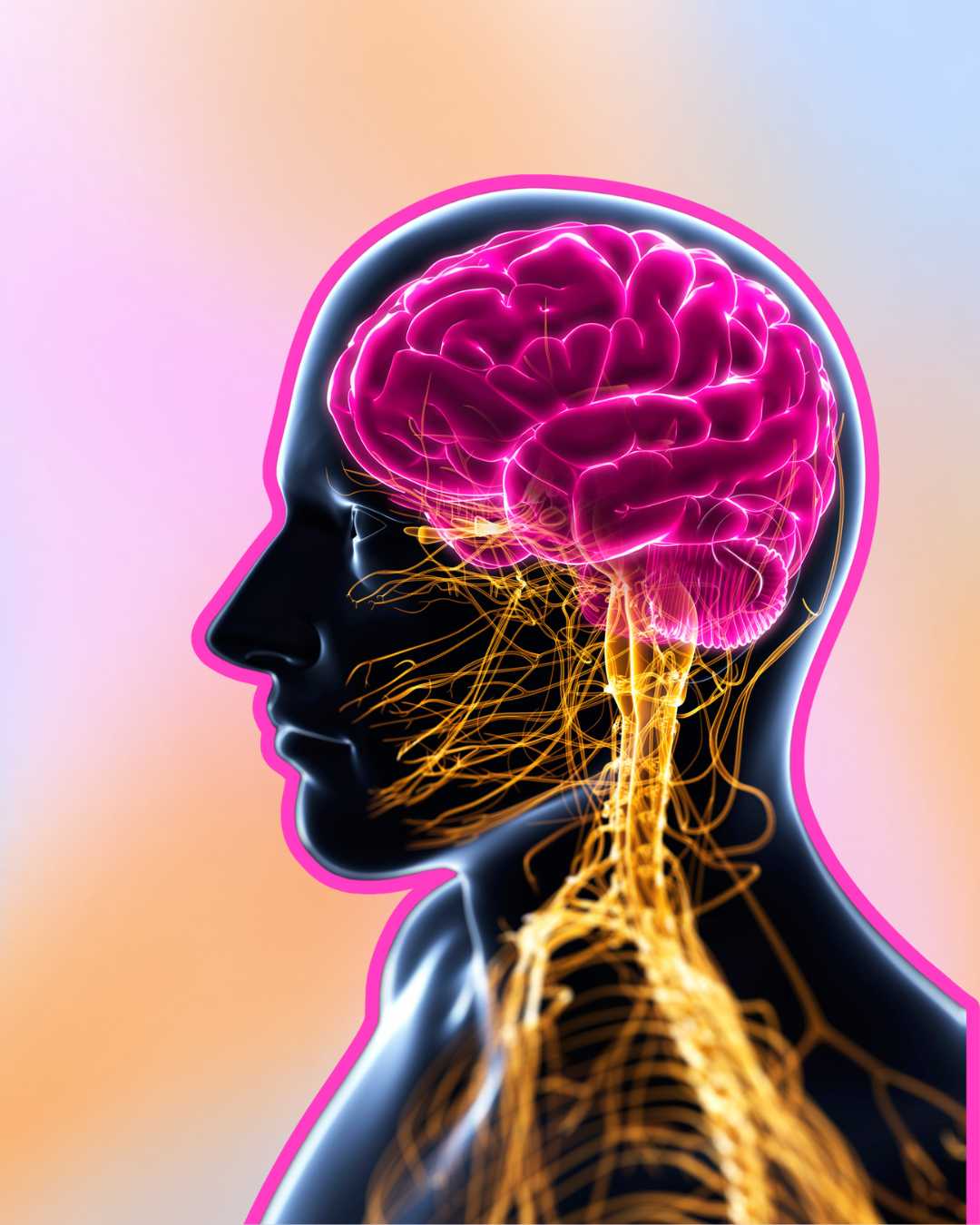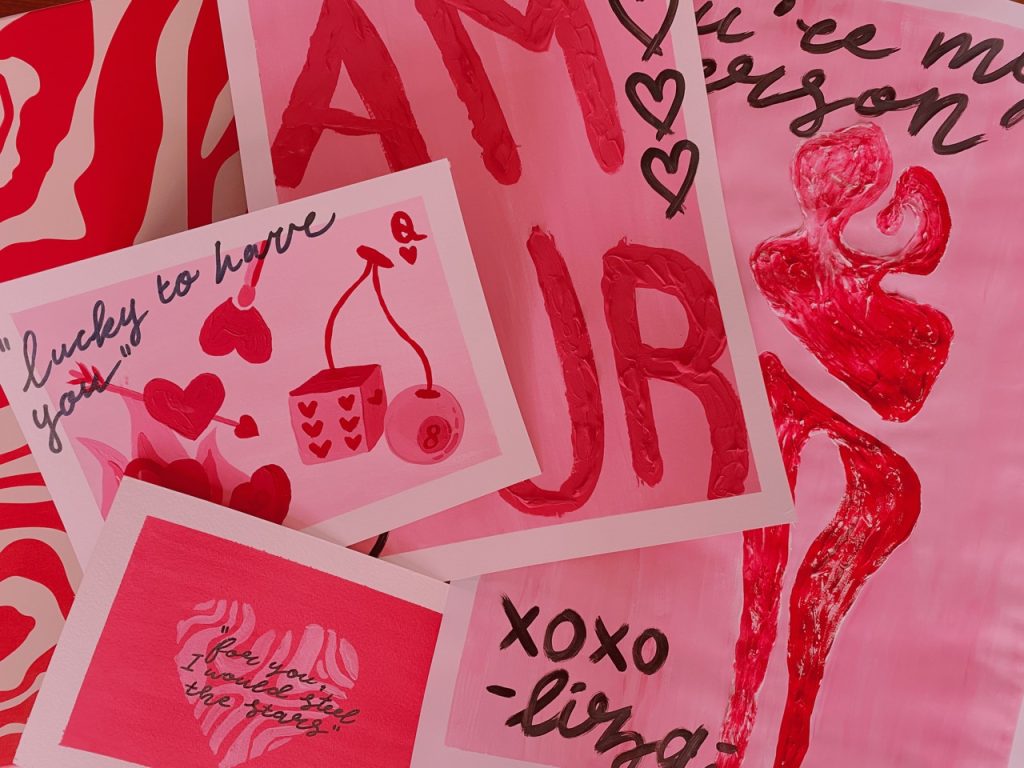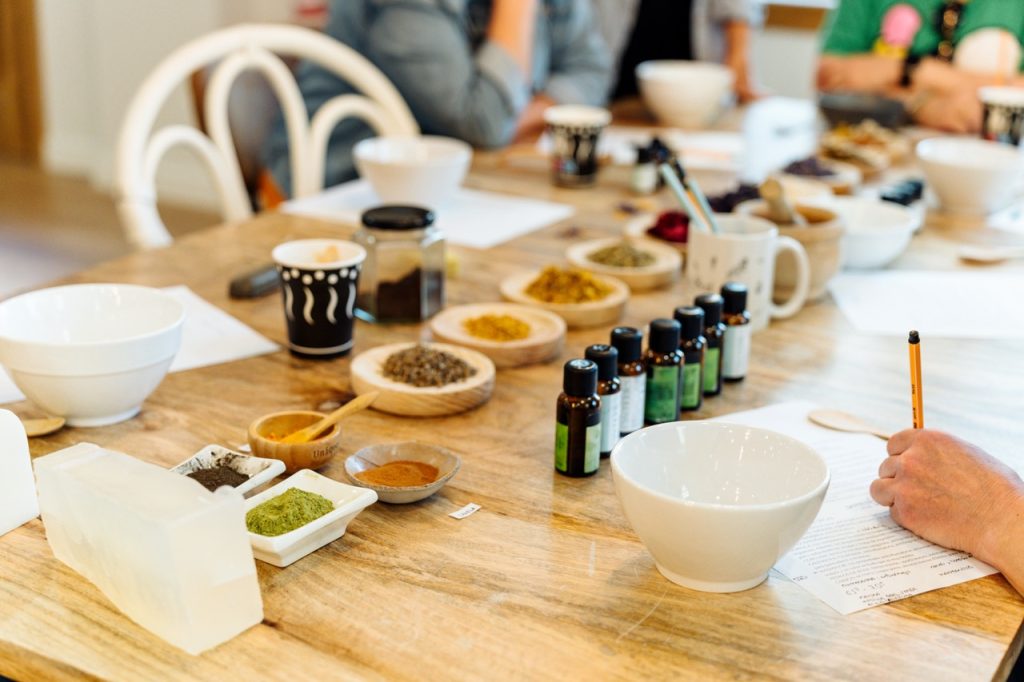
The quest for self-improvement has, through centuries and across cultures, echoed the sentiment that to change our lives, we must first change ourselves. But what does it truly entail to alter our most entrenched patterns of behaviour? The key lies within the intricate workings of our brains — a phenomenon known as neuroplasticity.
Shaping Our Minds Like Clay
Neuroplasticity, the brain’s remarkable capacity to reorganize itself by forming new neural connections, is not some translucent jargon reserved for the academic domain; it’s a dynamic reality that allows each of us the potential for transformation. It’s akin to clay in the hands of a skilled sculptor, though with an essential divergence: we are simultaneously the sculptor and the clay. Our thoughts, behaviors, and emotional states continuously interact with the biological foundation of our being.
The Power of Habitual Pathways
Our brains are fundamentally shaped by our habits. Each routine action, from the way we rise each morning to the language we use and the foods we crave, is underlined by the firing of specific neural pathways. These habits, once formed, are a double-edged sword. They offer the efficiency of automated response but can also be the chains that bind us to patterns we wish to leave behind.
Unlearning and Relearning
The process of replacing old habits with new ones involves unlearning as much as it does learning. Breaking down the neural connections associated with existing routines and forging new pathways through consistent and focused repetition is the vital work of habit formation. Whether embarking on a fitness journey, quitting a vice, or mastering a skill, it boils down to one simple yet formidable principle: the reshaping of your neural wiring.
The Three-Step Ritual
The three-step ritual for anyone seeking to harness neuroplasticity for personal evolution: assessment, substitution, and reinforcement. First, assess your current habits without judgment. Understand the triggers, actions, and rewards that sustain them. Next, identify a new behavior and link it to the same triggers and rewards to substitute the old habit effectively. Then, reinforce the new routine through commitment and repetition until it becomes embedded in your neural circuitry.
The Confluence of Neuroscience and Intention
At its core, this approach is a confluence of cutting-edge neuroscience and ancient wisdom. It highlights the power of intentional living and the untapped potential within our minds. The creation of new habits is not a domain solely reserved for the willpower elite; it is the birthright of every individual equipped with a brain.
A Call to Revolutionize Our Daily Routines
Neuroplasticity is an unsung hero, a silent revolutionary in our quest for personal growth. It is a tool that, once wielded with understanding and intent, can bring the most profound changes to our lives. But, it is up to us to pick it up and use it, shaping the trajectory of our lives through the simple act of forging and re-forging our habits.




